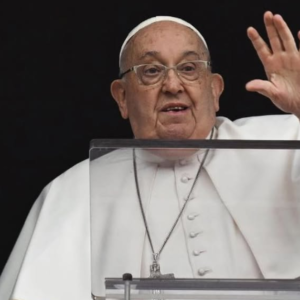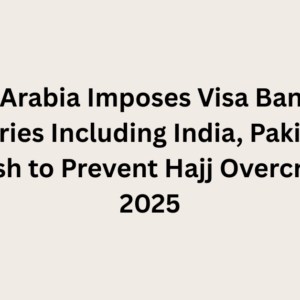
Muimbai, March 25, 2025 – In a sharp escalation of global trade tensions, U.S. President Donald Trump has warned of imposing 25% import tariffs on countries that continue to buy oil from Venezuela, reigniting fears of a potential trade war. This announcement has placed India, a major consumer of Venezuelan crude, directly in the spotlight.
Trump’s remarks came during a high-profile economic address, where he stressed that nations supporting the “illegitimate Venezuelan regime” through energy trade would face “serious economic consequences.” While he didn’t name countries specifically, foreign policy analysts believe the message was squarely aimed at India and China—two of the biggest buyers of Venezuelan oil in recent years.
For India, this could mean a double blow. Not only could Indian exports to the U.S. come under heavy taxation, but its efforts to keep domestic fuel prices stable through cost-effective oil imports from Venezuela may be disrupted. Indian oil companies have been sourcing millions of barrels from Venezuela due to its attractive pricing—a strategic move to counter rising global crude prices and diversify oil sources. But now, this strategy risks drawing economic penalties from Washington.
The proposed 25% tariff on Indian goods would severely impact core sectors such as textiles, pharma, automotive parts, and IT services—many of which are led by MSMEs (Micro, Small and Medium Enterprises). The U.S. remains India’s largest export destination, and such a tariff could cripple margins and slow down shipment volumes.
Energy-wise, India could face a new oil challenge. If forced to reduce or halt Venezuelan crude imports, it may have to rely more heavily on traditional suppliers like the Middle East, Russia, and Nigeria, often at higher costs. This could eventually trickle down to higher petrol, diesel, and LPG prices, impacting transportation, manufacturing, and household expenses. Financial markets have already begun to respond—Brent crude rose 2.3%, and the Indian rupee slipped slightly against the dollar.
According to senior economists, the White House’s move is not purely economic—it’s a mix of political messaging and strategic energy control. With upcoming elections in the U.S., Trump is reinforcing his “America First” agenda by penalizing countries that bypass U.S.-imposed sanctions, particularly on Venezuela. By targeting oil trade, he seeks to isolate Nicolás Maduro’s regime further while shoring up support among U.S. manufacturers and oil producers.
India, meanwhile, finds itself navigating a complex diplomatic maze. Government officials have not issued an official statement yet, but sources from the Ministry of External Affairs suggest that backchannel negotiations are underway. India is exploring alternative sourcing options, refinery adjustments, and trade diversification to soften any blow.
Trade experts suggest India should balance national energy security with foreign policy tact. “India has a right to secure affordable energy, but it must be ready to absorb the diplomatic and economic consequences,” said Prof. R. Mehta, a global trade analyst. “What we’re seeing is a subtle form of energy diplomacy turning into economic warfare.”
For everyday Indians, the biggest concern is how this global standoff will impact fuel prices, inflation, and product costs. If the situation worsens, there could be a visible hike in everything from grocery delivery rates to airfares. Additionally, small businesses relying on U.S. clients could see order cuts or stricter terms.
This development comes at a time when India’s economy is on a recovery path. With manufacturing and exports picking up post-pandemic, the sudden threat of U.S. tariffs has sparked fears of a potential slowdown. Experts urge policymakers to respond swiftly with both diplomatic engagement and contingency planning.
In essence, President Trump’s tariff warning is more than just a trade jab—it’s a geopolitical signal to countries like India that U.S. patience with Venezuela’s trading partners is running thin. As the situation unfolds, India must weigh its energy needs against the growing threat of economic retaliation from a key global ally.
Stay tuned newsdailyupdates for more updates.





